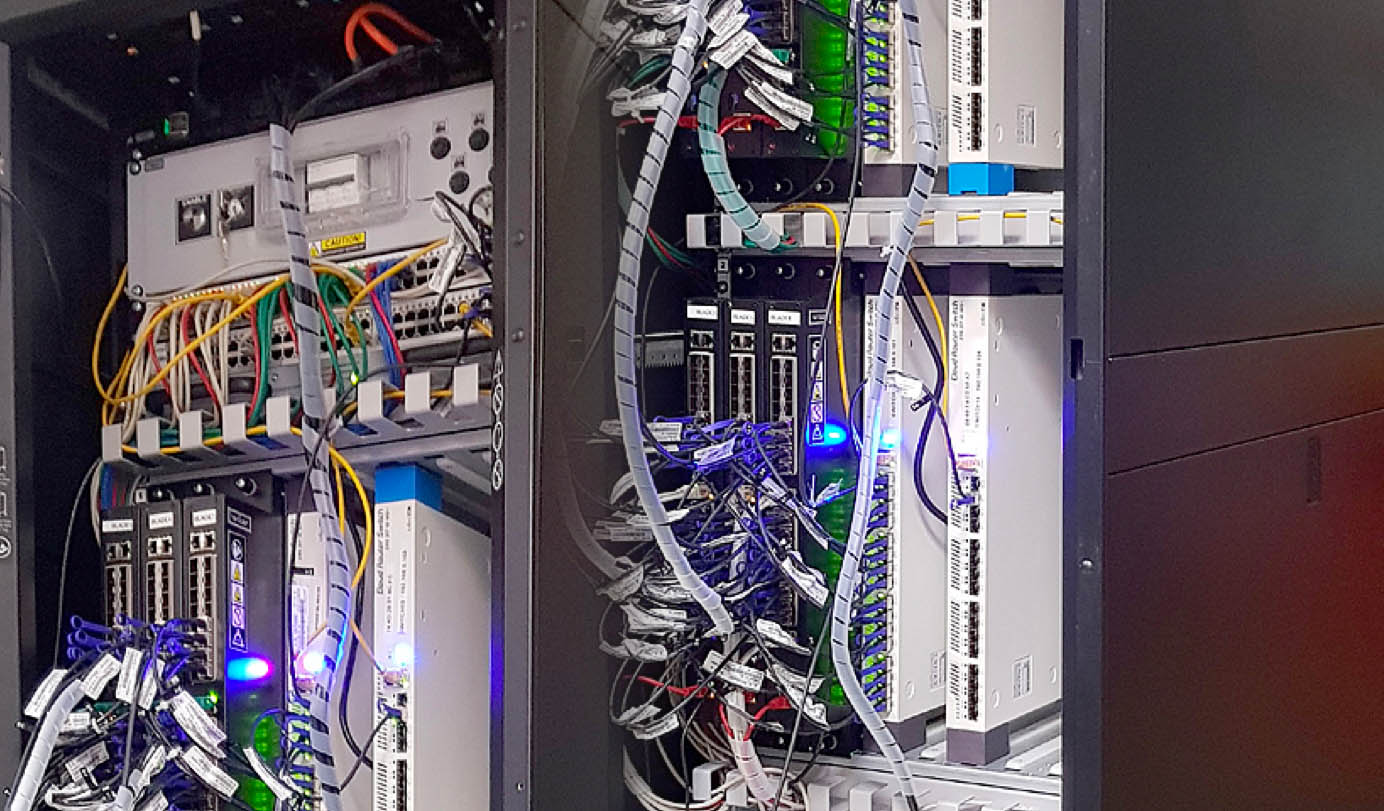 ExaNeSt, the precursor of an exascale computer all made in Europe, has been successfully tested. Italy is taking part in the project with INFN, the National Institute of Astrophysics (INAF) and a group of SMEs (Small and Medium Enterprises). High performance computing (HPC) is one of the fundamental pillars of global scientific and technological research and a key factor to support the digital revolution associated with big data. Making an exascale computer means producing a supercomputer capable of performing billions of billions of operations per second (exaflops) and all the software tools to use it. Europe has long been working to make this supercomputer a reality thanks to the European Horizon 2020 program through projects like ExaNeSt. In just over three years from the end of 2015, ExaNeSt built the first prototype with high computing performance and high energy efficiency: energy consumed to solve a computational problem on this new platform is 3 to 10 times lower than that required by traditional HPC platforms. A result that went far beyond expectations thanks to an innovative liquid cooling system, the implementation of a high-performance dedicated network architecture, and a new type of computational accelerators based on programmable components. A ‘computational laboratory’ of this type is a decisive platform for preserving and improving the competitive capacity at the industrial level, for enhancing security strategies and cybersecurity, and obviously for responding to the scientific research challenges over the next decade.
ExaNeSt, the precursor of an exascale computer all made in Europe, has been successfully tested. Italy is taking part in the project with INFN, the National Institute of Astrophysics (INAF) and a group of SMEs (Small and Medium Enterprises). High performance computing (HPC) is one of the fundamental pillars of global scientific and technological research and a key factor to support the digital revolution associated with big data. Making an exascale computer means producing a supercomputer capable of performing billions of billions of operations per second (exaflops) and all the software tools to use it. Europe has long been working to make this supercomputer a reality thanks to the European Horizon 2020 program through projects like ExaNeSt. In just over three years from the end of 2015, ExaNeSt built the first prototype with high computing performance and high energy efficiency: energy consumed to solve a computational problem on this new platform is 3 to 10 times lower than that required by traditional HPC platforms. A result that went far beyond expectations thanks to an innovative liquid cooling system, the implementation of a high-performance dedicated network architecture, and a new type of computational accelerators based on programmable components. A ‘computational laboratory’ of this type is a decisive platform for preserving and improving the competitive capacity at the industrial level, for enhancing security strategies and cybersecurity, and obviously for responding to the scientific research challenges over the next decade.






